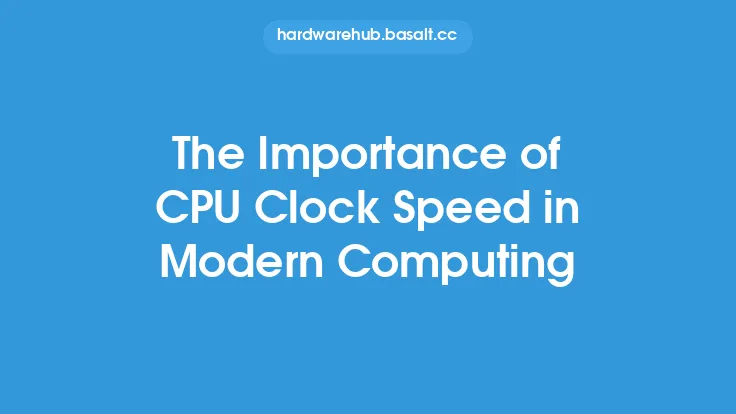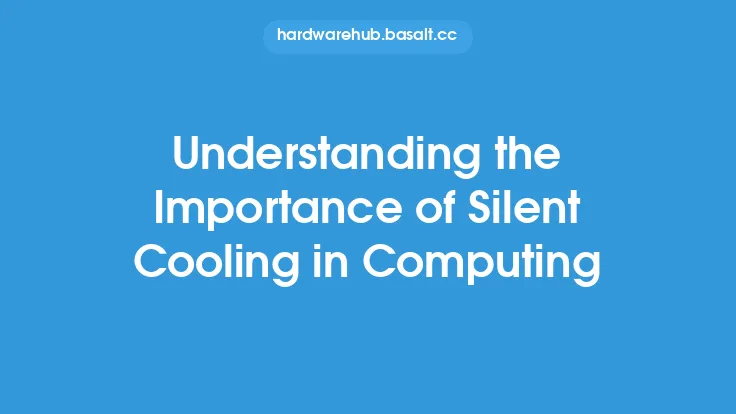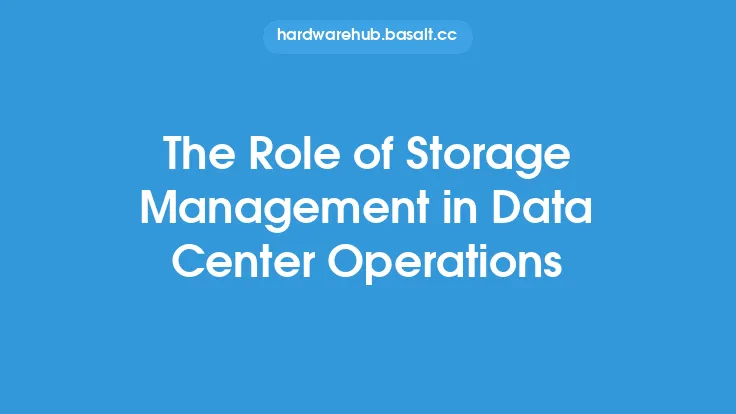In today's digital age, data is the lifeblood of any organization, and effective storage management is crucial for ensuring the integrity, availability, and performance of that data. As the amount of data being generated and stored continues to grow exponentially, the importance of storage management cannot be overstated. Storage management refers to the process of planning, monitoring, and maintaining an organization's data storage infrastructure to ensure that it is running efficiently, securely, and reliably.
Introduction to Storage Management
Storage management involves a range of activities, including capacity planning, storage provisioning, data protection, and performance monitoring. It requires a deep understanding of the organization's data storage needs, as well as the technical expertise to design and implement a storage infrastructure that meets those needs. Effective storage management is critical for ensuring that data is available when it is needed, and that it is protected from loss or corruption. It also helps to optimize storage resources, reduce costs, and improve overall system performance.
Key Components of Storage Management
There are several key components of storage management, including storage devices, storage networks, and storage management software. Storage devices, such as hard disk drives, solid-state drives, and tape drives, provide the physical storage for an organization's data. Storage networks, such as storage area networks (SANs) and network-attached storage (NAS) systems, provide a way to connect storage devices to servers and other devices. Storage management software, such as storage resource management (SRM) tools and storage virtualization software, provide a way to manage and optimize storage resources.
Storage Management Techniques
There are several storage management techniques that can be used to optimize storage resources and improve system performance. These include data deduplication, which eliminates duplicate copies of data to reduce storage capacity requirements; data compression, which reduces the size of data to reduce storage capacity requirements; and thin provisioning, which allocates storage capacity on demand to reduce waste and improve efficiency. Other techniques, such as storage virtualization and storage tiering, can also be used to optimize storage resources and improve system performance.
Benefits of Effective Storage Management
Effective storage management provides a range of benefits, including improved system performance, increased data availability, and reduced costs. By optimizing storage resources and improving system performance, organizations can improve productivity and reduce downtime. Effective storage management also helps to ensure that data is protected from loss or corruption, which can have serious consequences for an organization's reputation and bottom line. Additionally, effective storage management can help to reduce costs by minimizing waste, optimizing storage capacity, and reducing the need for expensive storage upgrades.
Challenges of Storage Management
Despite the importance of storage management, there are several challenges that organizations face when trying to manage their storage infrastructure. These include the rapid growth of data, which can make it difficult to keep up with storage capacity demands; the complexity of storage systems, which can make it difficult to manage and optimize storage resources; and the lack of visibility into storage usage, which can make it difficult to identify areas for improvement. Other challenges, such as data security and compliance, can also make storage management more difficult.
Best Practices for Storage Management
To overcome the challenges of storage management, organizations should follow best practices, such as monitoring storage usage and performance, optimizing storage capacity, and implementing data protection and security measures. Organizations should also consider implementing storage management software, such as SRM tools and storage virtualization software, to help manage and optimize storage resources. Additionally, organizations should develop a comprehensive storage management plan that takes into account their current and future storage needs, as well as their budget and resource constraints.
Future of Storage Management
The future of storage management is likely to be shaped by several trends, including the growing use of cloud storage, the increasing adoption of flash storage, and the development of new storage technologies, such as quantum storage and DNA storage. These trends are likely to have a significant impact on the way that organizations manage their storage infrastructure, and will require storage managers to develop new skills and strategies to keep up with the changing landscape. Additionally, the growing importance of data analytics and artificial intelligence is likely to drive the development of new storage management tools and techniques, such as predictive analytics and machine learning-based storage management.
Conclusion
In conclusion, storage management is a critical component of modern computing, and is essential for ensuring the integrity, availability, and performance of an organization's data. By understanding the key components of storage management, using effective storage management techniques, and following best practices, organizations can optimize their storage resources, improve system performance, and reduce costs. As the amount of data being generated and stored continues to grow, the importance of storage management will only continue to increase, making it essential for organizations to develop a comprehensive storage management plan that meets their current and future needs.





